According To The variety In a sobering assessment of the current state of independent cinema, Tokyo International Film Festival jury president Carlo Chatrian expressed concern that most of the festival’s competition films lack distribution deals, underscoring the mounting challenges facing arthouse filmmakers worldwide.
“I am not sure, but I believe most of the films selected at the festival don’t have distribution, and maybe they will have through other networks, but this is something that makes me sad,” Chatrian told journalists at Tuesday’s jury press conference. “There are so many strong, beautiful films and except for film festivals, there are very few chances for these films to be seen.”
The former artistic director of the Locarno Film Festival and Berlinale, who is currently director of the National Museum of Cinema in Turin, emphasized the critical role that press coverage plays in helping these films find audiences. “Your work is as important as our [work],” he told assembled media, noting that festivals serve as “big filter[s]” that must winnow down massive audiovisual production to a select few titles worthy of attention.
Chatrian is leading a five-member jury evaluating 15 competition films at the 38th edition of TIFF, which runs through Nov. 5. Fellow jurors are Chinese director-producer Vivian Qu, whose latest feature “Girls on Wire” premiered in competition at Berlinale earlier this year; French editor Matthieu Laclau, a two-time Golden Horse Award winner known for his collaborations with Jia Zhangke; Japanese actor-filmmaker Saitoh Takumi, whose credits include “Shin Ultraman” and Netflix’s “Bullet Train Explosion”; and Taiwanese actress Gwei Lun-Mei, who has appeared in competition at Berlin and Cannes. The jury president acknowledged the difficulty of comparing the diverse slate of competition titles. “I know some filmmakers. I’m looking forward to knowing the work of others,” Chatrian said. “I know that we will be confronted with very different kind of films. Sometimes it’s hard to compare these films, but we will do our best.”
Vivian Qu echoed concerns about cinema’s current challenges, calling film festivals “probably the last sacred place for cinema viewing” and emphasizing their growing importance. “I think the role is even more important now than before,” she said. “Whether it’s programmer or filmmaker or actor, we all have the responsibility to really bring our own story to this place, to let the world see it and to tell people cinema is still valid. It’s still important. It’s still a very important part of our lives.”
The Chinese filmmaker, who has spent over 15 years making international co-productions including “Black Coal, Thin Ice” (which won the Golden Bear at Berlinale in 2014, where she served as producer) and “Angels Wear White,” praised programming director Kohei Ichiyama’s efforts in bridging Asian and global cinema. “Every film festival I go to, whether it’s Cannes or Berlin, and I see him watching five films a day,” Qu said.
Saitoh Takumi expressed hope that more Japanese actors and crew members would participate in the festival despite work commitments. “I do hope that more actors and more crews who are involved in Japanese cinema would be able to assemble and come here at the Tokyo International Film Festival,” he said. “And I think that would be a great thing for Japanese cinema.”
The actor also reflected on cinema’s power to transcend borders, noting that “we live in a time, an era, where we cannot be unaware of borders, so to speak. And there are differences, and we have to cross borders. And in order to overcome these differences, or borders, I believe cinema is a means to overcome such things.”
French editor Laclau, who has lived in China since 2008 and now resides in Taipei, emphasized the emotional impact he seeks when evaluating films. “First, I think I need to be moved by the actors and by the story,” he said. “Of course, I want to be surprised. We watch lot of films in our lives, and we always expect to see something new, something we haven’t seen before.”
Gwei Lun-mei, whose “Dear Stranger” is screening at the festival, echoed similar sentiments about emotional resonance. “It’s very important that you are emotionally moved. You think about how this film moves people’s hearts and as an audience, you want to experience something that you’ve never experienced before, that you want to learn something that you’ve never seen or never knew about and through cinema,” she said.
Chatrian, whose programming career has included championing Japanese filmmakers like Hamaguchi Ryusuke (whose five-hour-plus “Happy Hour” he selected for Locarno in 2015), addressed questions about serving as jury president with a journalist and programmer background rather than the typical filmmaker or actor profile. “I don’t consider myself like the dictator,” he said. “As I don’t make film, I don’t have a view to impose. More I try to understand where a film wants to take me. And so this is a different perspective, and maybe this is a good perspective for a person of the jury.”
The jury president said his goal is to “facilitate the conversation, to let everyone express their feelings, their emotion, their thoughts, and convey the best solution,” adding: “What I expect from the festival [is] to be surprised, to be amazed by something I didn’t foresee. And I’m sure the films we will be watching will do this kind of job. I think we need to be amazed every day.”







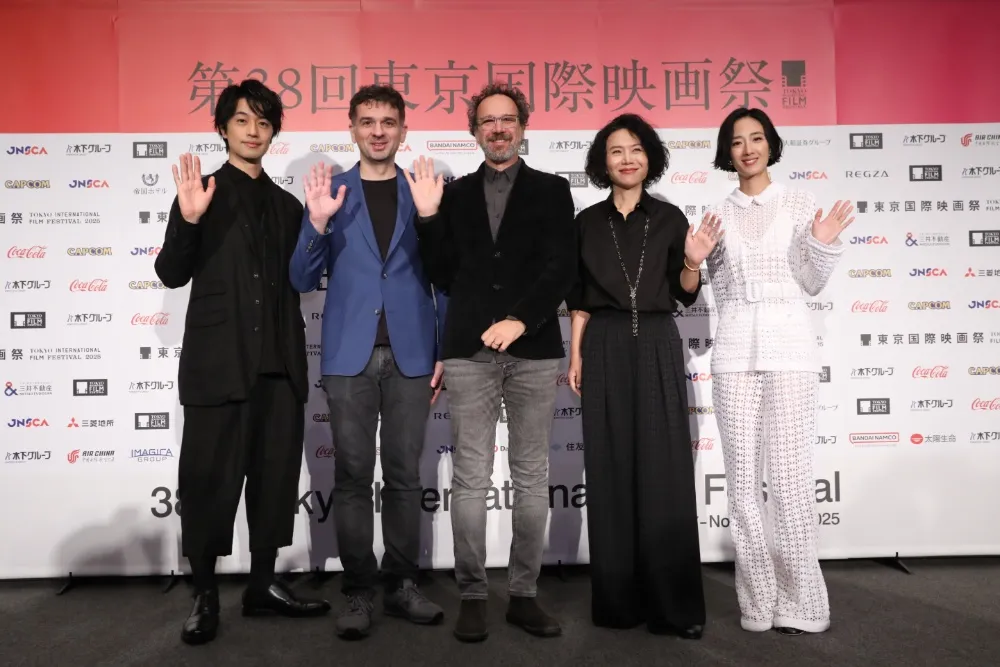




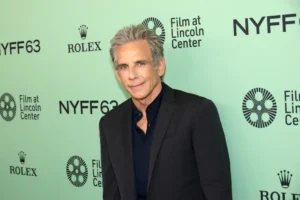
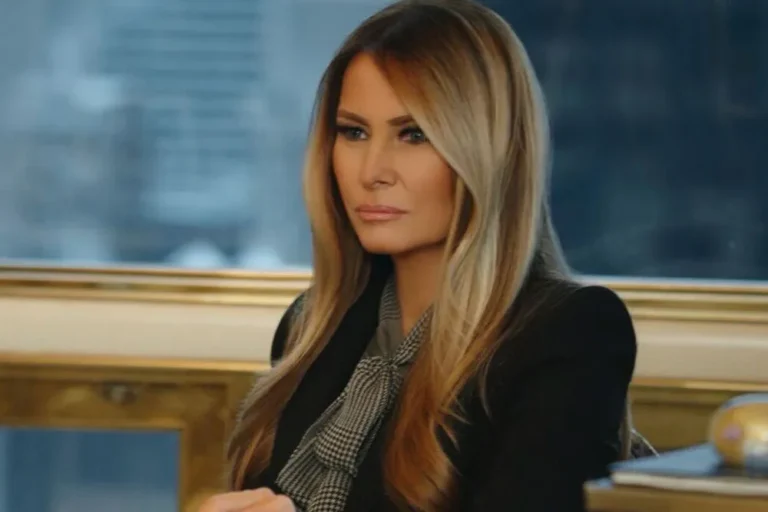
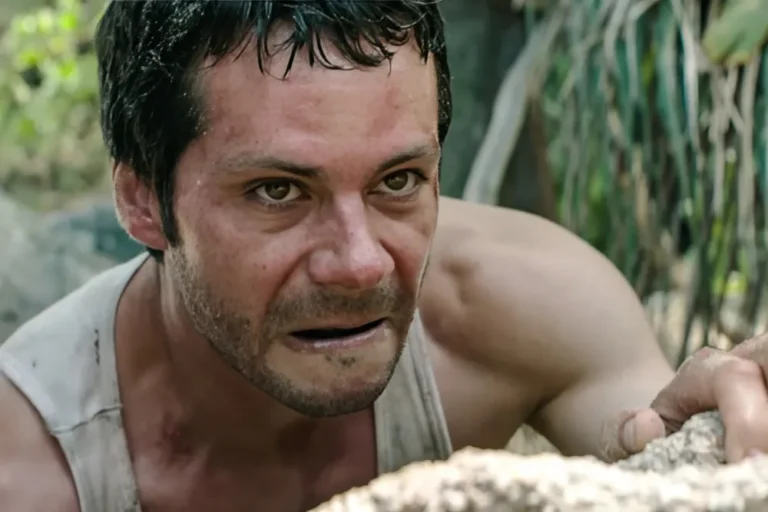
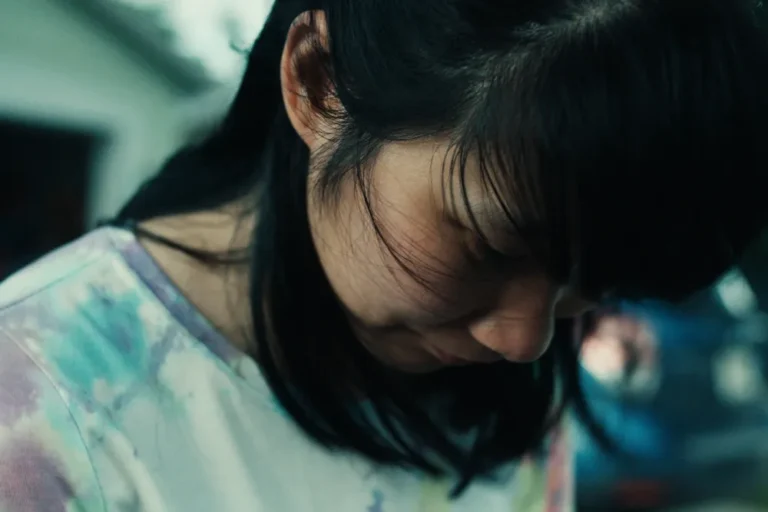
+ There are no comments
Add yours